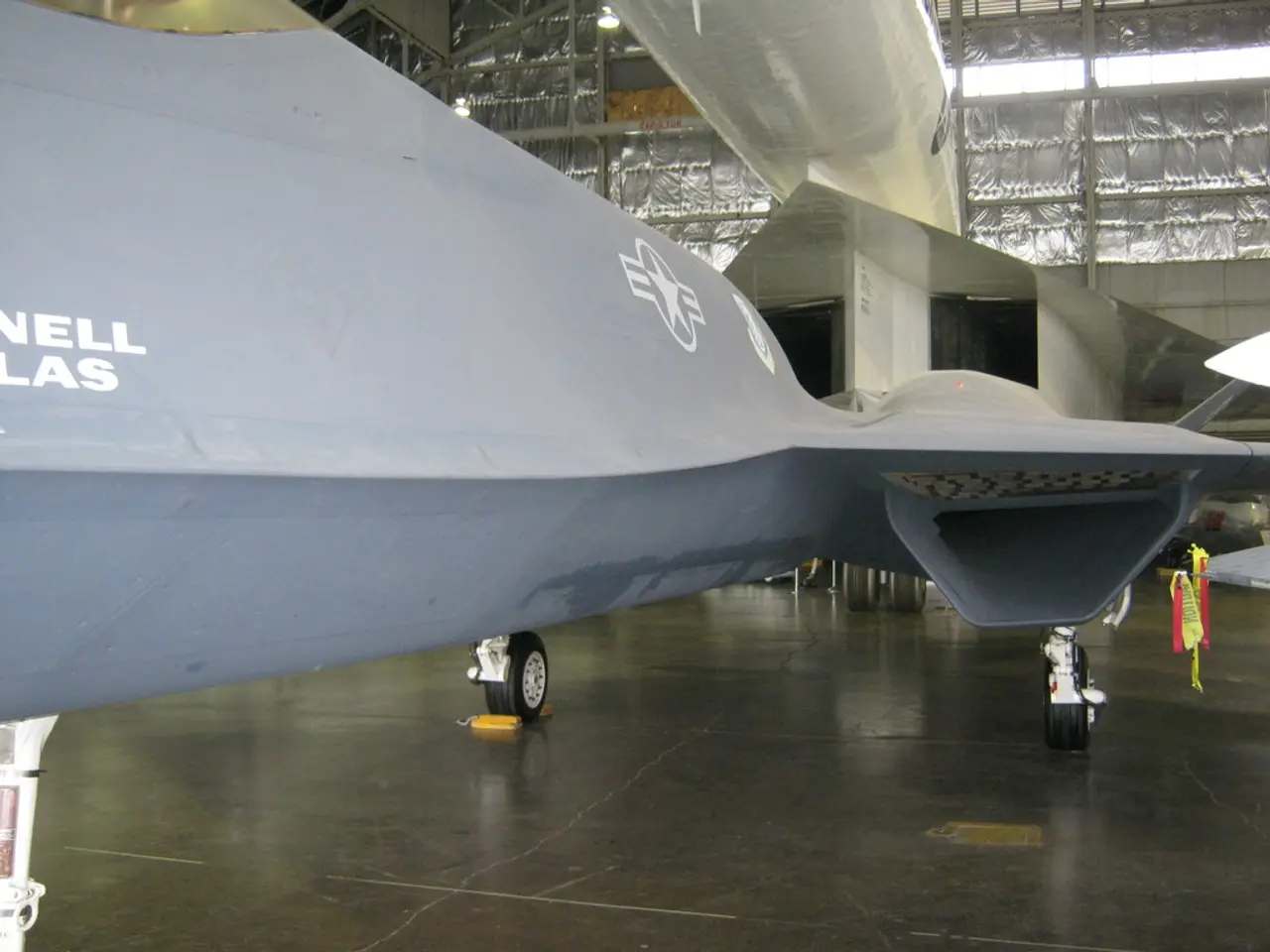Airline industry faces a shortage of pilots
## Addressing the Pilot Shortage: Strategies Across the Globe
The aviation industry is grappling with a significant pilot skills shortage, a challenge that is being addressed through various strategies in Europe, the US, and Asia.
### Increased Salaries and Benefits
To attract more talent, airlines have raised pilot salaries and offered signing bonuses. For instance, the median salary for pilots in the US has grown from $127,820 in 2016 to $219,140 by 2023 [1].
### Expanded Training Programs
Initiatives to subsidize or fully fund pilot training are becoming more common, helping to reduce barriers for aspiring pilots. Some airlines partner with flight schools to ensure a steady pipeline of pilots [1].
### Policy Reforms
There are ongoing discussions about extending the retirement age for pilots. In the US, the retirement age is currently 65, aligned with the International Civil Aviation Organization (ICAO) standards. This helps retain experienced pilots longer [3][4].
### International Recruitment
Airlines are actively recruiting pilots from international markets, particularly in Asia and the Middle East, to fill vacancies [1].
### Targeted Recruitment
Efforts are being made to encourage people from underrepresented groups to pursue aviation careers through scholarships and mentorship programs [1].
## Impact on Flight Prices
The pilot shortage contributes to increased operational costs for airlines, which can lead to higher ticket prices. As airlines face challenges in maintaining their scheduled operations due to staffing shortages, they might need to reduce flight frequencies or increase fares to compensate for the reduced capacity [3].
In the US and Europe, the shortage can lead to more frequent cancellations and disruptions in air travel, further impacting consumer prices indirectly by reducing competition and increasing demand for the available flights.
## Recent Developments by Region
### US
The pilot shortage is exacerbated by a wave of retirements, particularly in major airlines like Delta and American Airlines. This has led to a significant hiring need, with thousands of retirements expected in the coming years [2][3].
### Europe
While specific strategies for Europe are not detailed, the overall trend of increased recruitment and training efforts likely applies. European airlines also face challenges similar to those in the US, with a focus on retaining experienced pilots and attracting new talent.
### Asia and China
China is implementing reforms to address its pilot shortage, with plans to gradually increase the retirement age. This includes raising the age for male pilots to 63 by 2040 [4]. Asia is expected to see a significant demand for pilots in the coming years, leading to increased competition for global airlines to fill these positions [1].
The union chief emphasizes that training is not a profit centre, but an investment with potential for future earnings through motivated, well-trained pilots. The Cockpit Association also demands a guarantee of takeover for pilots as in the past and easier financing of training, irrespective of the financial background of applicants.
Sources:
[1] Oliver Wyman (2021). "The Great Pilot Shortage: The Countdown Has Begun." [Online] Available at: https://www.oliverwyman.com/our-expertise/publications/2021/the-great-pilot-shortage-the-countdown-has-begun.html
[2] Airline Pilot Central (2021). "Delta Air Lines Pilots: The Largest Airline Pilot Shortage in History." [Online] Available at: https://www.airlinepilotcentral.com/delta-air-lines-pilots-the-largest-airline-pilot-shortage-in-history/
[3] Airline Pilot Central (2021). "American Airlines Pilots: The Largest Airline Pilot Shortage in History." [Online] Available at: https://www.airlinepilotcentral.com/american-airlines-pilots-the-largest-airline-pilot-shortage-in-history/
[4] Air Transport World (2021). "China's pilot shortage: A looming crisis." [Online] Available at: https://www.atwonline.com/airlines/chinas-pilot-shortage-looming-crisis
In light of the union chief's concerns, the need for community efforts in financing vocational training for aspiring pilots becomes increasingly apparent. Guaranteed takeover and easier access to finance for training, irrespective of financial background, could provide a much-needed boost in attracting individuals from underrepresented groups to the aviation industry. Furthermore, considering businesses in related industries such as finance could collaborate with airlines in vocational training programs to create a sustainable talent pool, ensuring the industry's growth and prosperity in the long run. The integration of sports programs into these vocational training initiatives can also stimulate camaraderie, teamwork, and problem-solving skills, crucial attributes for successful pilots.




